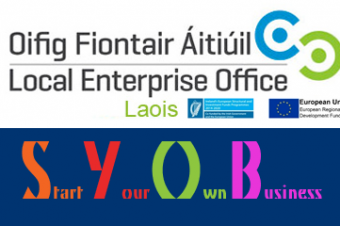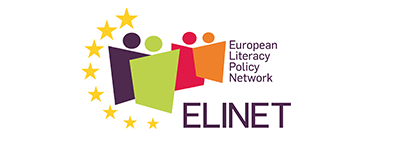The Traveller Equality Project this week publishe;
‘The Right Type of Education: A briefing on education and training provision for Gypsy and Irish Traveller prisoners in England and Wales’. Please click here for a copy of the report.
Some of the key points are highlighted in the executive summary below.
The report is intended to be a realistic and constructive contribution to the development of education and training provision in prison in England and Wales. The research identifies the substantial unmet educational and training need of Gypsies, Romanies and Irish Travellers in prison. Significantly, the report highlights a high level of interest in suitable education amongst this group, as well as the barriers to progression in education which they face.
The Traveller Equality Project has for over 5 years worked with NOMS, prisons, probation and Gypsy and Irish Traveller prisoners to improve the situation of this group. The work of the Project has been cited positively by HM Inspectorate of Prisons, the Prisons and Probation Ombudsman, the Under-Secretary of State for Justice, and the Independent Monitoring Board.
The Project’s everyday outreach work with prisons, prison staff and prisoners, to advance cultural awareness, education initiatives and engagement with services in prison has assisted in practical improvements to the situation of Travellers in prison. It is hoped that this report will continue this advancement by tackling the central issue facing Travellers in prison – poor educational attainment. It offers modest recommendations that would have a concrete impact on the lives of these prisoners, their families and the communities into which they will be released.
Executive Summary
5% of the prison population in England and Wales comes from a Gypsy or Irish Traveller background, costing the tax-payer approximately £155 million annually (excluding healthcare and education provision). Gypsy and Irish Traveller prisoners share similar demographic and offender behaviour profiles. This prisoner group also shares similar educational attainment levels on entry into custody – significantly lower than other groups in society.
Our research found that:
- 68% of Traveller prisoners did not attend school or left at or before the age of 14.
- 48% of all respondents wanted specific training that would lead to employment.
- 45% of male respondents wanted training in construction or mechanical engineering
- 32% of Traveller prisoners had accessed vocational courses.
- 26% of all respondents wanted classes in literacy and/or numeracy.
- 9.5% of all learners on the Shannon Trust Reading Plan were from a Traveller background.
We recommend that:
- Entry Level Literacy and Numeracy Courses be made available and have sufficient places for all prisoners who wish to participate without delay.
- Prison education staff regularly speak with Traveller prisoners about engaging with training and education provision.
- Regular Traveller Prisoner Group Meetings are held and that the role of Traveller Prisoner Rep is maintained in all prisons with a Traveller population in order to foster an interest in education and to disseminate information on education and training opportunities.
- Prisons create a positive learning environment by providing Traveller cultural and education resources within the library, education department and generally, across the prison.
- Prison education departments facilitate the high level of interest amongst Traveller prisoners in pursuing vocational training, recognising that their occupations on release will mainly be in the self-employed and manual sectors.
- Prisons should facilitate learners with low literacy and numeracy levels in pursuing vocational courses which have a literacy and/or numeracy element. Initiatives that embed literacy and numeracy within vocational courses should be encouraged. Poor literacy or numeracy levels should not be an excuse for preventing a learner’s progression in vocational training.
- Successful peer-mentoring education initiatives such as the Shannon Trust’s Reading Plan should be facilitated and encouraged both by prison staff and education departments.





